Το μάθημα αυτό εξετάζει το ρόλο της Διεύθυνσης Ανθρώπινων Πόρων ως στρατηγικός εταίρος διοίκησης στους σύγχρονους οργανισμούς. Κομβικές λειτουργίες όπως η πρόσληψή, η επιλογή, η ανάπτυξη, η αξιολόγηση, η διατήρηση, η αμοιβή, και οι εργασιακές σχέσεις εξετάζονται. Οι επιδράσεις του νομικού και του παγκόσμιου περιβάλλοντος αποτιμώνται και, επίσης, αναλύονται τρέχοντα ζητήματα όπως η εκπαίδευση στη διαφορετικότητα, οι πολιτικές για τη σεξουαλική παρενόχληση, και η άνοδος του κόστους των ποικίλων επιδομάτων αναλύονται. Επιπλέον, εξετάζονται καλές πρακτικές από επιλεγμένες επιχειρήσεις.
ΣΤΟΧΟΙ
1. να αποκτήσουν εξοικείωση με τα ζητήματα που αναδύονται από την αλληλεπίδραση επιχειρήσεων και εργαζομένων.
2. να γνωρίσουν μια εισαγωγική προσέγγιση σε διάφορες εννοιολογικές προσεγγίσεις στη Διοίκηση Ανθρωπίνων Πόρων
| Όνομα | Τίτλος | |
|---|---|---|
| Κουτρούκης Θεόδωρος | Αναπλ. Πρόεδρος, Καθηγητής | tkoutro@econ.duth.gr |


